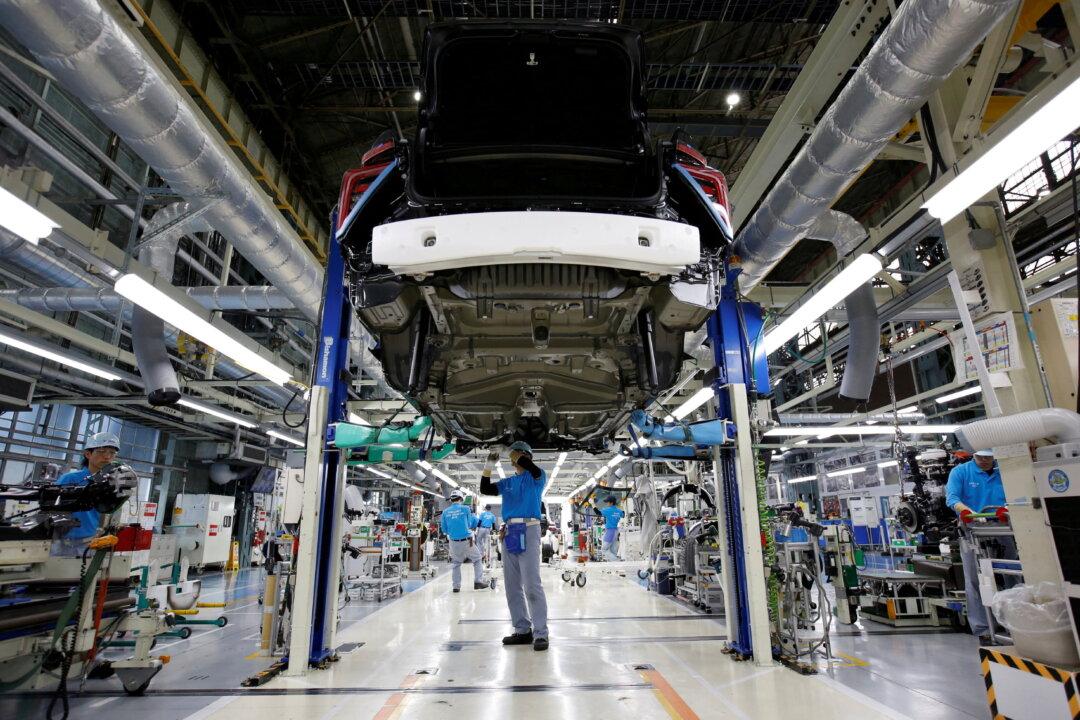TOKYO—For decades, Japan’s powerful automakers had a playbook to deal with deflation: press suppliers for lower prices on everything from seat belts to wire harnesses and promise volume.
Now, with inflation biting around the world, Toyota Motor Corp., Nissan Motor Corp., and others are shouldering more of the burden of soaring raw materials prices, or extending other help to hard-hit parts makers, executives say.





